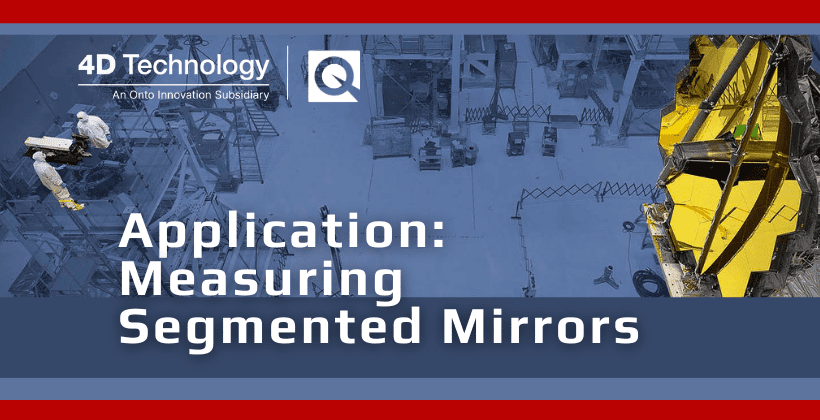
Application: Measuring Segmented Mirrors
13th December 2024
Segmented telescope mirrors consist of many smaller mirrors acting in concert to collect and focus light. These mirrors provide enormous savings in weight and dramatically reduce the requirements of the mirror’s support structure. For large, space-bound optical systems, segmented mirrors may be the only viable option as they can be folded into a space vehicle and deployed after launch.
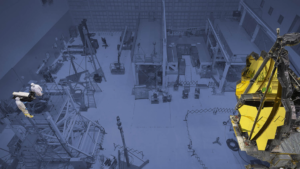
The challenge from a manufacturing standpoint is to build the most stable, lightweight, and high-resolution optical system possible, which requires some of the most advanced metrology available today.
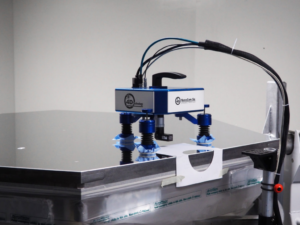
Monolithic mirrors are typically too heavy for airborne, space-based, and large terrestrial telescopes. For these applications, the optical systems are designed with many mirrors segments which together equal the light gathering of a single, large mirror. An example is the European Extremely Large Telescope (ELT), which, when complete, will use nearly 800 hexagonal segments for its primary mirror. Though the weight savings with a segmented primary mirror is enormous, the complexity of manufacturing and aligning the segments can introduce a new set of challenges.
4D PhaseCam Twyman-Green interferometers, available through Quantum Design UK and Ireland, are the industry standard for measuring concave hexagonal mirror segments and large segmented mirrors. PhaseCams offer several important advantages over more traditional Fizeau instruments:
- Vibration-insensitive measurement enables use in challenging environments such as cryogenic-vacuum testing or over long measurement paths
- The design can be extremely compact, enabling use in tight spaces, or in difficult-to-access locations
- The on-axis design provides excellent accuracy, particularly when measuring spherical elements
- The ratio of power between test and reference is adjusted in a lossless fashion.
4D Technology’s unique PhaseCam MW makes it possible to align mirror segments to sub-wavelength tolerances. This ability was critical to ensuring that the James Webb Space Telescope was able to deploy and align its mirror components once it launched in 2021.
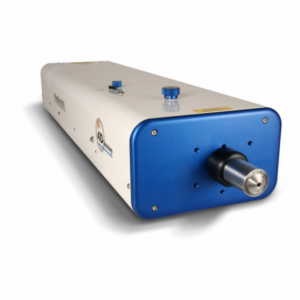
4D Technology NanoCam HD surface profilers excel at measuring surface roughness for small and large mirrors. The portable NanoCam HD can be placed directly on a mirror or segment for measurement. It can also be chucked on a robotic positioner or gantry to measure anywhere on a large mirror, or mounted inside a segment polishing system to guide the operation.
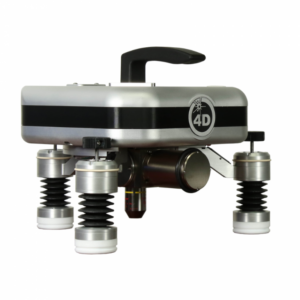
4D Technology Accufiz Interferometers
Flexible, proven and affordable, AccuFiz Fizeau laser interferometers fit well in confined lab spaces and offer high stability in any environment. In wavelengths from 532 nm through 1.55 µm and apertures from 33 mm to 800 mm, AccuFiz systems are available for a vast range of applications.
4D Technology NanoCam HD Optical Profiler
The NanoCam™ HD dynamic profiler measures surface roughness on small to meter-scale coated and uncoated optics, as well as precision metals, plastics, and other polished specular surfaces.
To discuss 4D Technology and your application, contact Quantum Design UK and Ireland’s Technical Sales Manager, Dr. Luke Nicholls by email or call (01372) 378822
Back to content